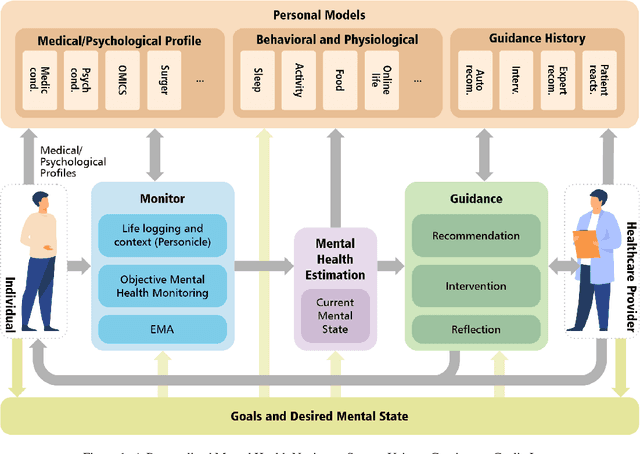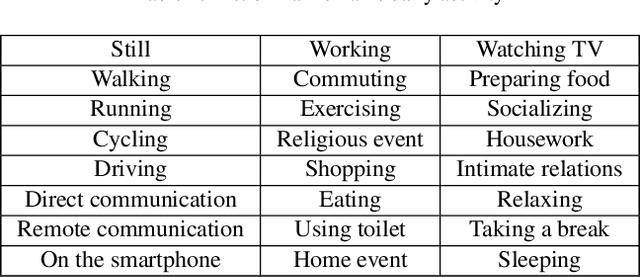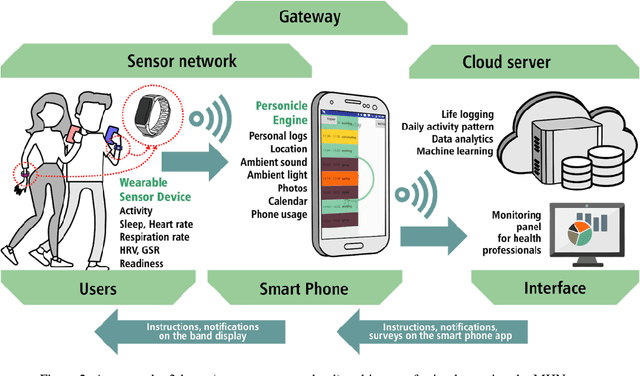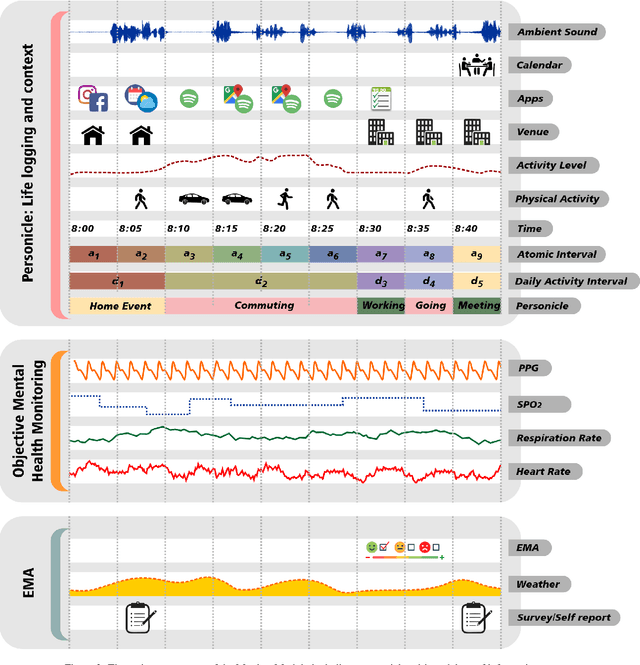Sirui Hu
FedSSC: Shared Supervised-Contrastive Federated Learning
Jan 14, 2023Abstract:Federated learning is widely used to perform decentralized training of a global model on multiple devices while preserving the data privacy of each device. However, it suffers from heterogeneous local data on each training device which increases the difficulty to reach the same level of accuracy as the centralized training. Supervised Contrastive Learning which outperform cross-entropy tries to minimizes the difference between feature space of points belongs to the same class and pushes away points from different classes. We propose Supervised Contrastive Federated Learning in which devices can share the learned class-wise feature spaces with each other and add the supervised-contrastive learning loss as a regularization term to foster the feature space learning. The loss tries to minimize the cosine similarity distance between the feature map and the averaged feature map from another device in the same class and maximizes the distance between the feature map and that in a different class. This new regularization term when added on top of the moon regularization term is found to outperform the other state-of-the-art regularization terms in solving the heterogeneous data distribution problem.
Personal Mental Health Navigator: Harnessing the Power of Data, Personal Models, and Health Cybernetics to Promote Psychological Well-being
Dec 15, 2020



Abstract:Traditionally, the regime of mental healthcare has followed an episodic psychotherapy model wherein patients seek care from a provider through a prescribed treatment plan developed over multiple provider visits. Recent advances in wearable and mobile technology have generated increased interest in digital mental healthcare that enables individuals to address episodic mental health symptoms. However, these efforts are typically reactive and symptom-focused and do not provide comprehensive, wrap-around, customized treatments that capture an individual's holistic mental health model as it unfolds over time. Recognizing that each individual is unique, we present the notion of Personalized Mental Health Navigation (MHN): a therapist-in-the-loop, cybernetic goal-based system that deploys a continuous cyclic loop of measurement, estimation, guidance, to steer the individual's mental health state towards a healthy zone. We outline the major components of MHN that is premised on the development of an individual's personal mental health state, holistically represented by a high-dimensional cover of multiple knowledge layers such as emotion, biological patterns, sociology, behavior, and cognition. We demonstrate the feasibility of the personalized MHN approach via a 12-month pilot case study for holistic stress management in college students and highlight an instance of a therapist-in-the-loop intervention using MHN for monitoring, estimating, and proactively addressing moderately severe depression over a sustained period of time. We believe MHN paves the way to transform mental healthcare from the current passive, episodic, reactive process (where individuals seek help to address symptoms that have already manifested) to a continuous and navigational paradigm that leverages a personalized model of the individual, promising to deliver timely interventions to individuals in a holistic manner.
 Add to Chrome
Add to Chrome Add to Firefox
Add to Firefox Add to Edge
Add to Edge